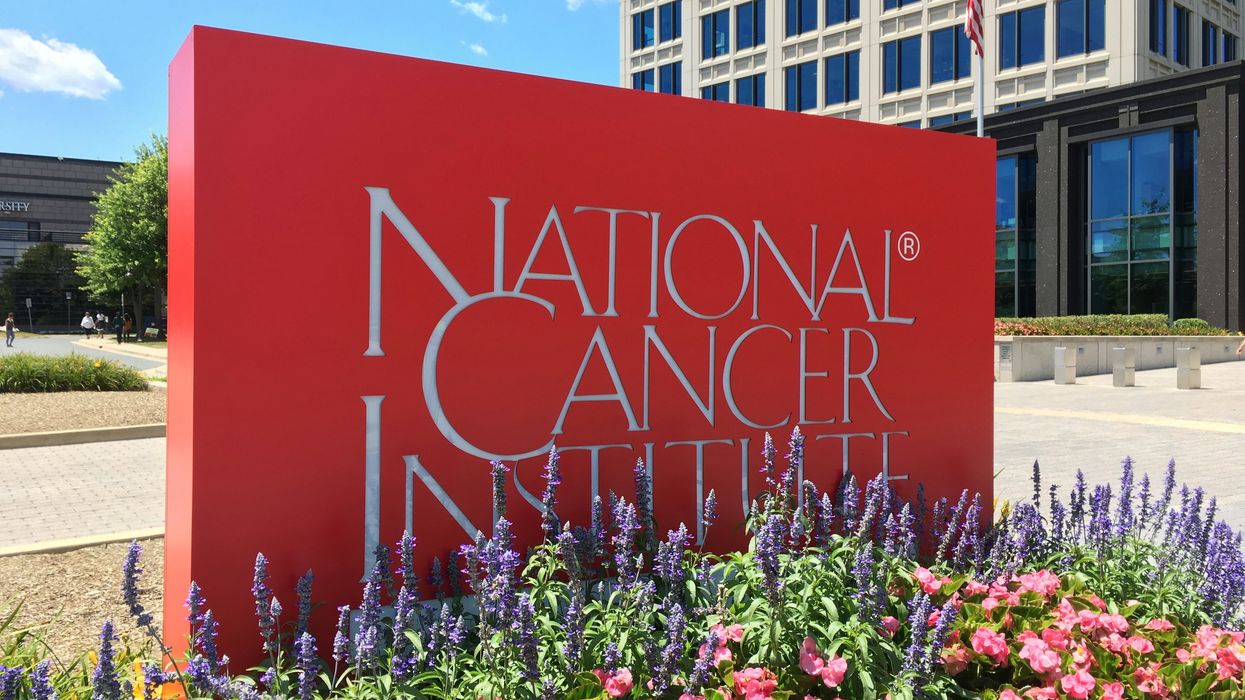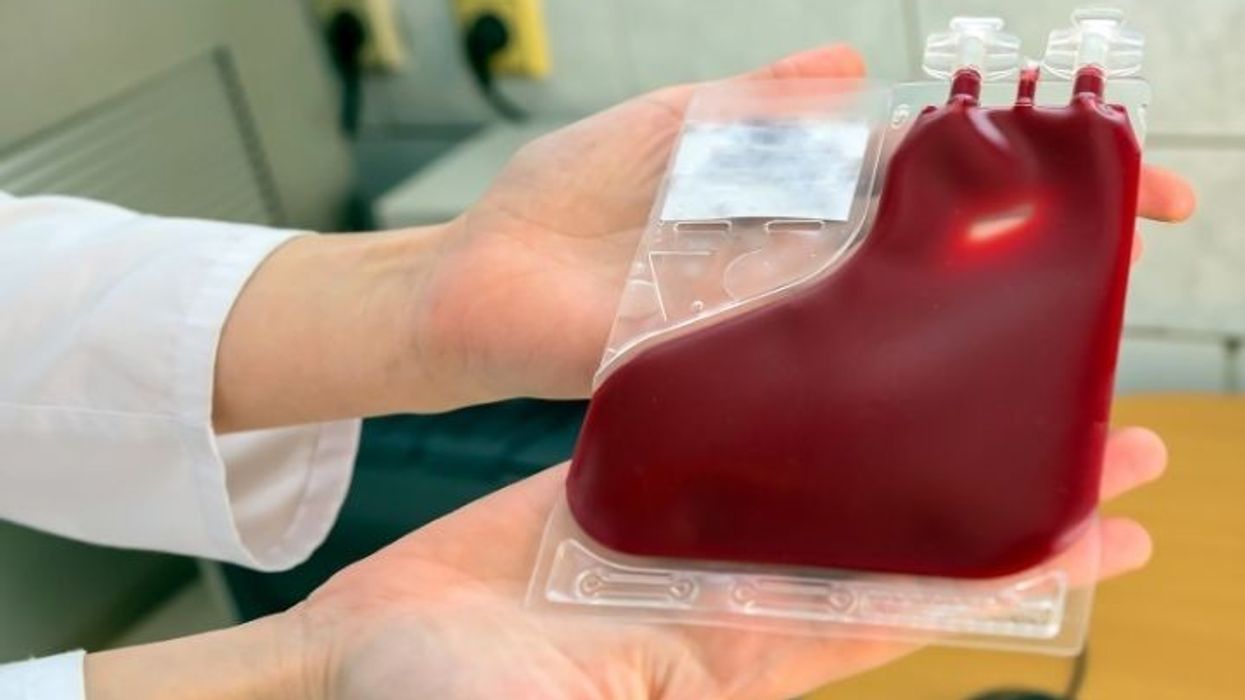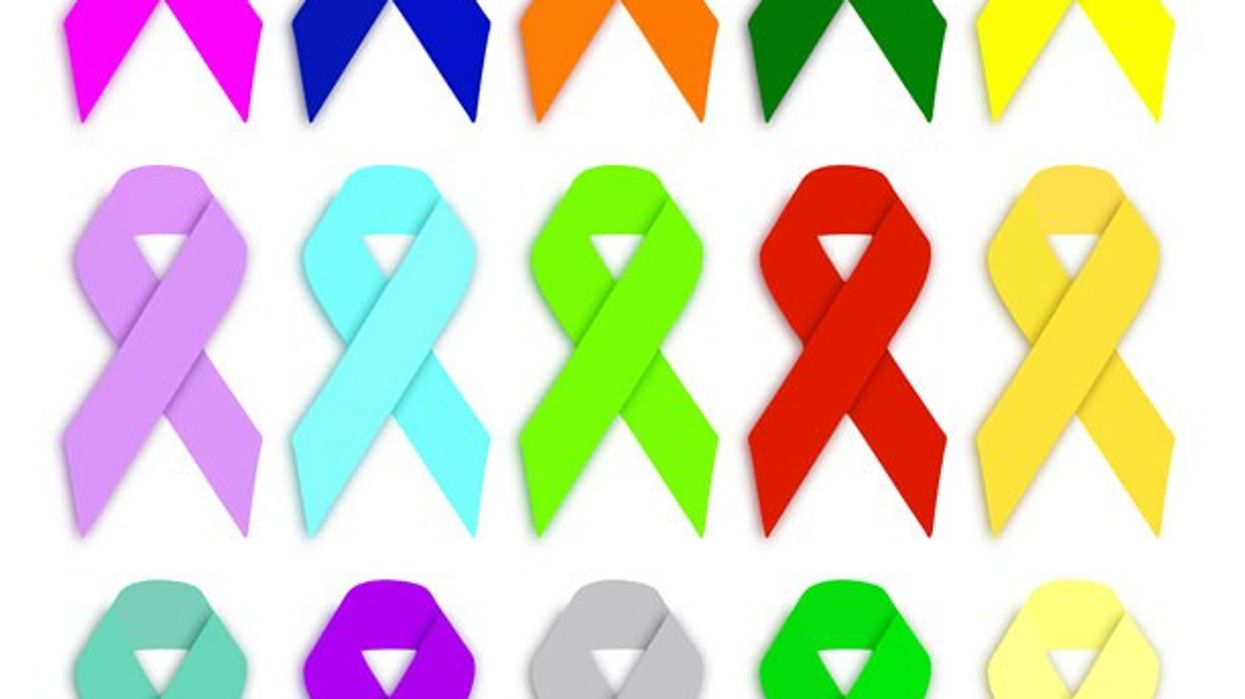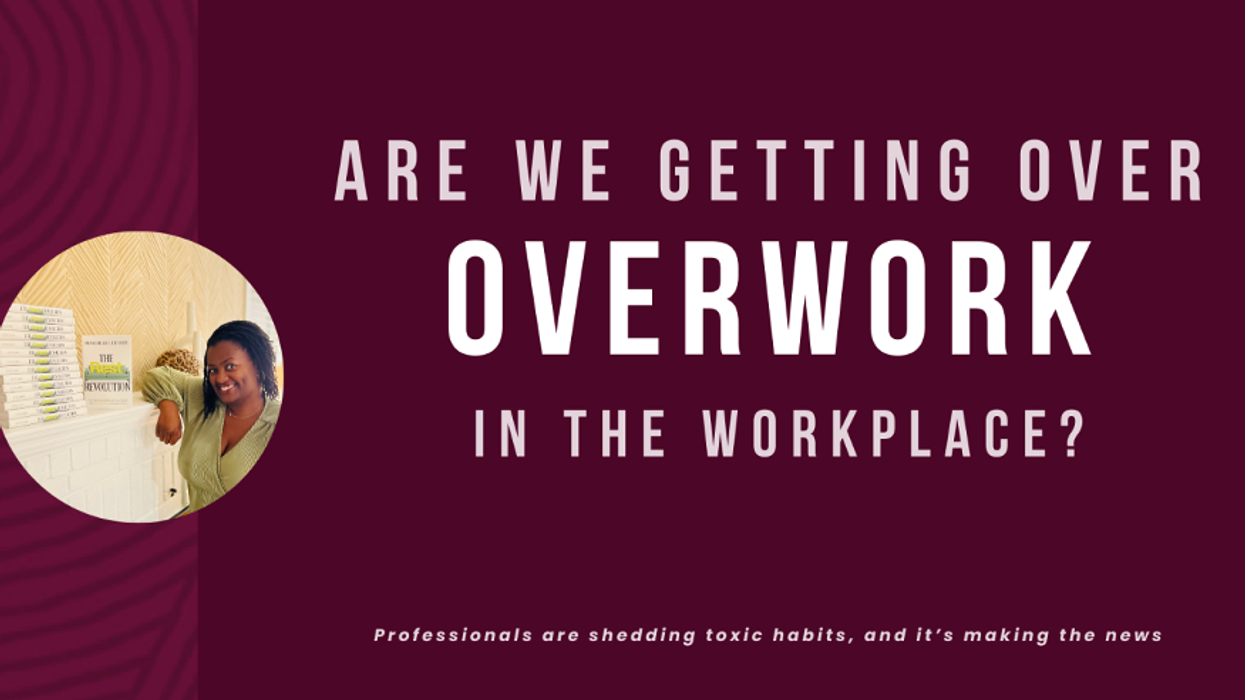(NewsUSA) - Despite having a standard of living among the highest in the world, the maternal mortality rate in the United States has increased over the past 25 years, according to data from the Centers for Disease Control and Prevention. The numbers are especially poor for Black women, who are two to three times more likely to die from pregnancy-related causes than their white counterparts, while black infants are more than twice as likely to die as white infants. These disparities persist regardless of level of education.
- Despite having a standard of living among the highest in the world, the maternal mortality rate in the United States has increased over the past 25 years, according to data from the Centers for Disease Control and Prevention. The numbers are especially poor for Black women, who are two to three times more likely to die from pregnancy-related causes than their white counterparts, while black infants are more than twice as likely to die as white infants. These disparities persist regardless of level of education.
“Infant and maternity mortality rates are regarded as measures of the health of a society. The racial and ethnic disparities in our current rates reflect longstanding biases that challenge our very basic capacity to offer fair and ethical health care,” said Dr. Lenaye Lawyer, an OB-GYN and medical director for AmeriHealth Caritas, a national leader in Medicaid managed care and other health care solutions for those most in need. “The provider community should be aware of these disparities and recommendations for reducing them.”
According to the latest data from the Centers for Disease Control and Prevention, Georgia tops the list as the state with the highest rates of maternal mortality, 46.2 maternal deaths per 100,000 live births for all women. The rate is even higher--66.6 deaths per 100,000 live births--for African American women.
The National Partnership for Women & Families has noted some of the broader problems in the health care system and in the delivery of maternal care that disproportionally affect Black women, including lack of access to care, low income, and being uninsured.
A 2018 article in the journal Clinical Obstetrics & Gynecology offered a model to help address these disparities. The model includes:
-Promoting a culture of equity for all women from preconception care through prenatal care and postpartum care.
-Educating doctors and medical staff about health care disparities in Black women during pregnancy and in general.
-Engaging patients in shared decision making.
AmeriHealth Caritas Corporate Chief Medical Officer, Population Health, Dr. Lily Higgins added that, Dr. Lily Higgins, an AmeriHealth Caritas market chief medical officer, added that improving health literacy and self-advocacy skills can also help more black women have healthy pregnancies, deliveries, and babies.
“If the health care system can foster a culture of health equity, literacy, and advocacy, we will take a big step towards eliminating maternal health disparities in this country,” said Dr. Higgins.
AmeriHealth Caritas is one of the nation’s leaders in health care solutions for those most in need. Operating in 13 states and the District of Columbia, AmeriHealth Caritas serves approximately 5 million Medicaid, Medicare, Children's Health Insurance Program (CHIP), and Health Insurance Marketplace® members. For more information, visit www.amerihealthcaritas.com.















 Dr. Cary S. Kaufman teaches the "Essentials of Oncoplastic Surgery" course through the National Consortium of Breast Centers, providing breast surgeons around the world with advanced techniques for optimal breast surgery outcomes.
Dr. Cary S. Kaufman teaches the "Essentials of Oncoplastic Surgery" course through the National Consortium of Breast Centers, providing breast surgeons around the world with advanced techniques for optimal breast surgery outcomes.